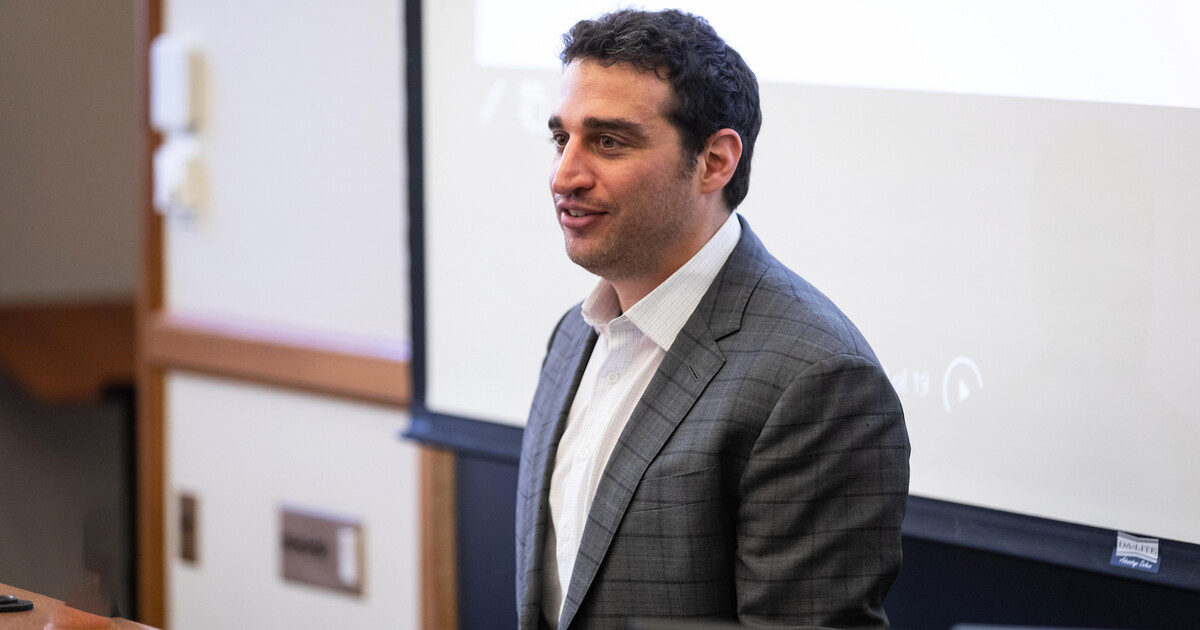
The prosecution of the crime of aggression under the Rome Statute of the International Criminal Court (ICC) is facing significant challenges, particularly as conflicts unfold in regions such as Gaza and Ukraine. In a recent interview, Dr. Carrie McDougall, an Associate Professor at the Melbourne Law School, discussed the complexities of prosecuting aggression in light of state sovereignty and the evolving nature of warfare.
The crime of aggression, defined in Article 8bis of the Rome Statute, refers to the use of armed force by a state against the sovereignty, integrity, or independence of another state. This definition was established during the first Review Conference of the Rome Statute in Kampala, Uganda, in 2010, known as the Kampala Amendments. Dr. McDougall, who contributed to the negotiations leading to the adoption of this definition, emphasized its importance and the renewed interest in prosecuting such acts amid current global conflicts.
In her examination of the “manifest violation” threshold established at Kampala, Dr. McDougall noted concerns regarding its adequacy in addressing modern warfare tactics, including hybrid operations and ‘grey zone’ activities. “The crime of aggression was never intended to respond to all types of unlawful conduct,” she stated. Instead, it focuses on significant violations that threaten international peace. She highlighted that while grey zone activities are a growing concern, they do not represent the primary means by which states undermine international stability, referencing ongoing conflicts in places like Ukraine and Gaza.
Dr. McDougall addressed the procedural hurdles posed by the ICC’s requirement to determine state responsibility before assigning individual guilt. She clarified that the ICC does not have the authority to make determinations regarding state responsibility, as its jurisdiction is limited to individuals. This distinction, she argued, does not create an insurmountable barrier to prosecuting aggression but reflects the unique nature of international law, where state actions can be scrutinized in the context of serious crimes.
The paradox of sovereignty also plays a crucial role in the prosecution of aggression. While the crime aims to protect state sovereignty, it can simultaneously create barriers to accountability for state leaders. Dr. McDougall noted that international tribunals, such as the International Criminal Tribunal for the Former Yugoslavia (ICTY) and the ICC, have established that immunities do not apply to international criminal courts. However, she acknowledged that domestic courts often face challenges in prosecuting state officials due to personal immunities.
The ICC’s jurisdiction has come under scrutiny, especially in conflicts involving non-state actors. Dr. McDougall pointed to Russia’s invasion of Ukraine as a clear example of aggression, widely recognized by the international community. Yet, the ICC’s jurisdictional constraints prevent it from prosecuting acts committed by non-state parties or on non-state party territories without a UN Security Council referral.
In response to these challenges, Dr. McDougall noted that there is an ongoing push for the establishment of an ad hoc tribunal to address the crimes of aggression committed in Ukraine. An agreement between Ukraine and the Council of Europe aims to create this tribunal, which would operate independently of the ICC’s limitations. She emphasized the necessity of aligning the Court’s jurisdiction over aggression with its jurisdiction over other serious crimes to ensure effective prosecution.
The complexities surrounding the prosecution of aggression reflect broader issues within international law and the political landscape. As the ICC prepares to revisit its jurisdictional framework in 2029, discussions continue about the need for reforms that enhance accountability for acts of aggression. Dr. McDougall’s insights underscore the ongoing debate about the balance between sovereignty and international justice, particularly as the world navigates the realities of modern conflict.
In summary, while the ICC faces significant hurdles in prosecuting the crime of aggression, the conversations surrounding these challenges indicate a persistent commitment to international accountability, even as geopolitical dynamics evolve.






